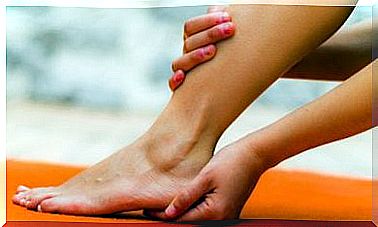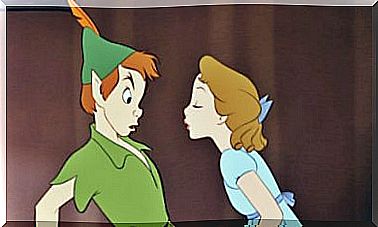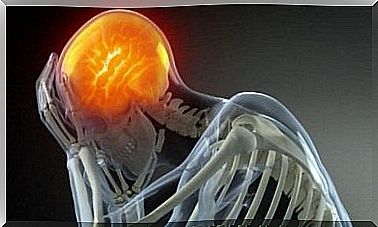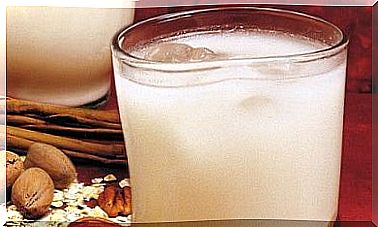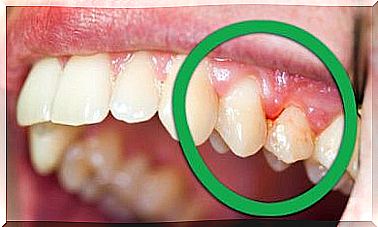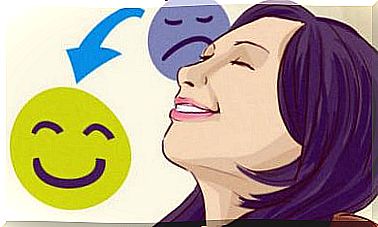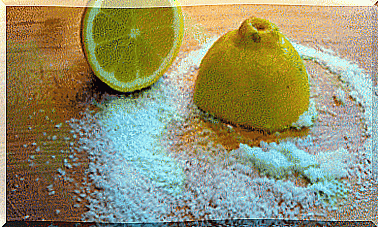Why Can Kidneys Hurt Us?
When asked why the kidneys can hurt, there are several answers. The fact that there is pain in these organs is reason enough to consult a doctor, as all kidney conditions should be treated as quickly as possible to avoid serious consequences.

When asked why the kidneys can hurt, there is no one answer. The first thing to say is that it is not common for these organs to be painful, so this symptom should always be taken very seriously.
However, there are many myths about why the kidneys can hurt. It is commonly believed that this discomfort is due to the fact that the back is not well covered and that the cold “enters the body”, so that it ends up causing pain. This belief and others are wrong.
In addition to this mistake, we often don’t know precisely where the discomfort is occurring, and sometimes we wonder why our kidneys can hurt us, when in reality the pain is in another area.
Why can the kidneys hurt us?
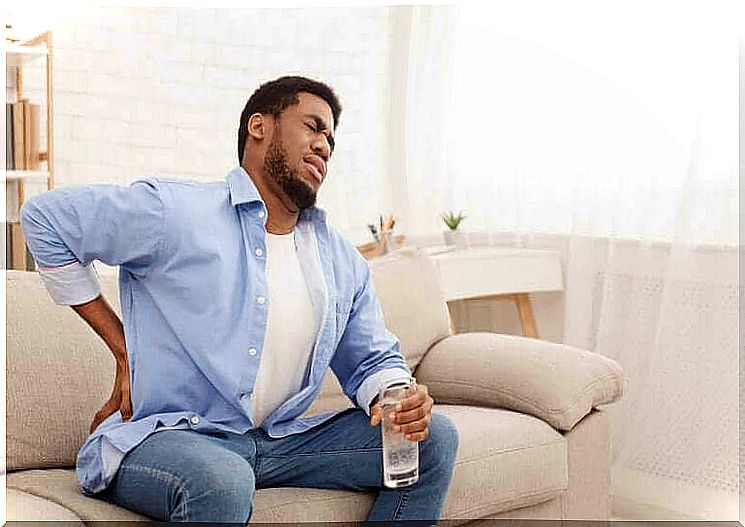
The kidneys are vital organs that play a major role in the body. Essentially, they filter the blood to keep it clean and chemically balanced. They process around 190 liters of blood per day and remove around two liters of waste at the same time.
The kidneys are located at the back of the abdomen, just below the ribs and on either side of the spine. When these organs are sore, the sensation is felt in the middle of the back or on the sides of this area. Sometimes it only hurts on one side. However, not all back pain is kidney pain.
Many kidney diseases proceed silently until they are advanced. The reasons why the kidneys can suffer range from the presence of kidney stones to kidney cancer. The following conditions most often cause kidney pain.
Kidney stones
Kidney stones, also called “kidney stones”, cause severe pain or renal colic. Stones are formed by the accumulation of substances in the urine. Sometimes they are as small as a grain of sand, but they can reach the size of a pearl.
When the stones are very small, they move freely in the urinary tract and are usually expelled without any symptoms. However, when the stone is larger, it causes severe pain that manifests in waves, is felt in the back or lower abdomen, and worsens with movement.
Most often, the pain is localized to one side, but over the hours it decreases and covers the groin and genital area. The discomfort is not relieved in any position and is often accompanied by nausea, vomiting, and burning or tingling when urinating.
Infection
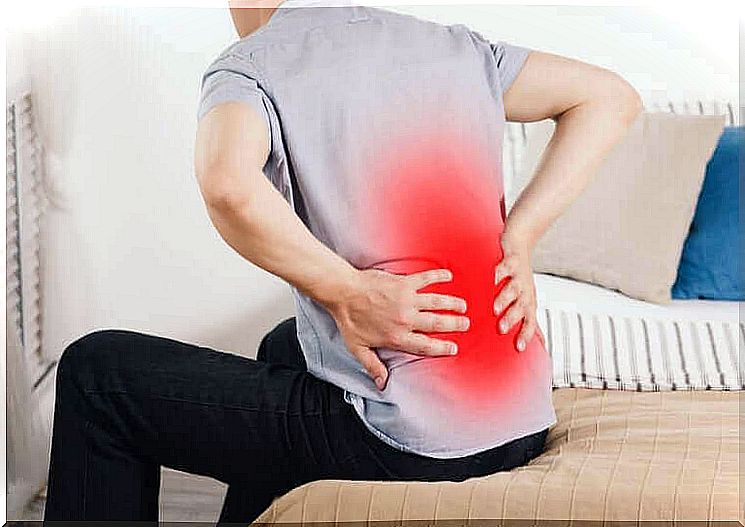
As to why the kidneys can hurt, one of the answers is the presence of an infection. Most often, the infection starts in the urethra or bladder and then travels up to the kidneys, where it can cause permanent damage to these organs or spread into the bloodstream and be life threatening.
One of the symptoms is a deep, persistent pain in the back, as well as pain and a burning sensation when urinating. Often, we feel the urge to go to the bathroom and the urine has a rather strong odor. Nausea, vomiting, fever and chills are not uncommon.
Polycystic kidneys or cyst
A cyst in the kidney may not cause any symptoms until it reaches a large size. When this happens, there is severe pain in the back and / or lower back. Headaches and bleeding in the urine are also common.
Polycystic kidneys are linked to a genetic disease in which clusters of cysts form and grow, preventing the organ from functioning properly. They cause side or back pain and often lead to frequent stones and infections.
Other causes of pain
The kidneys can also suffer from hydrofrenosis, which is an inflammation of the kidneys due to the accumulation of urine. It causes severe pain in the back, as well as blood in the urine and a fever. Pain can also be caused by renal vein thrombosis, a serious problem that results in severe pain in the back, behind the lower ribs, and in the hips.
Injury and beatings also cause kidney pain, as does pregnancy. In the latter case, it is due to alterations in the spine due to the weight of the belly. Pain on one side of the back and in the abdomen, simultaneously and accompanied by hematuria, can be a symptom of kidney cancer.

